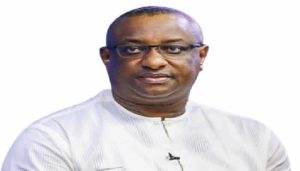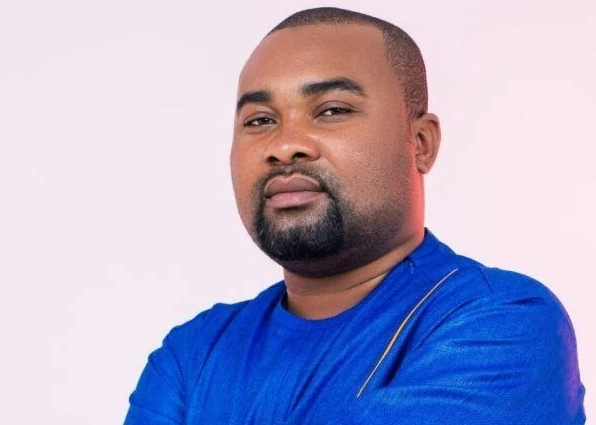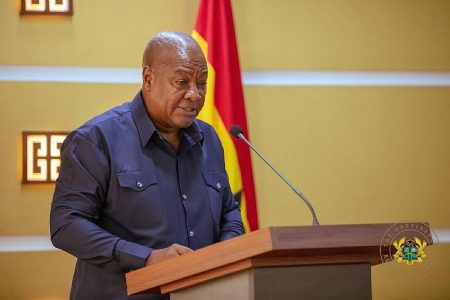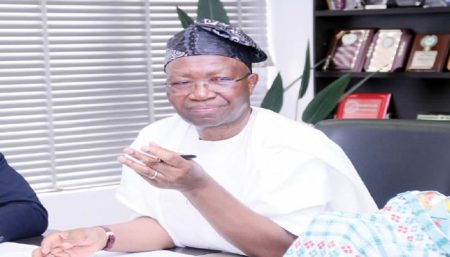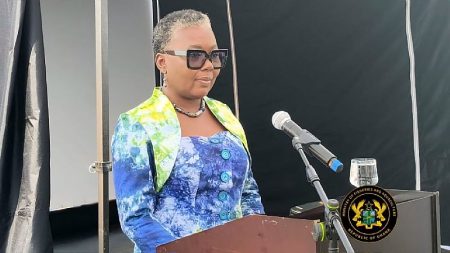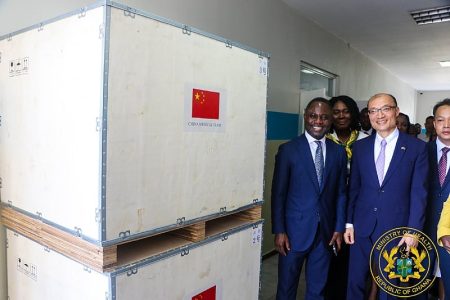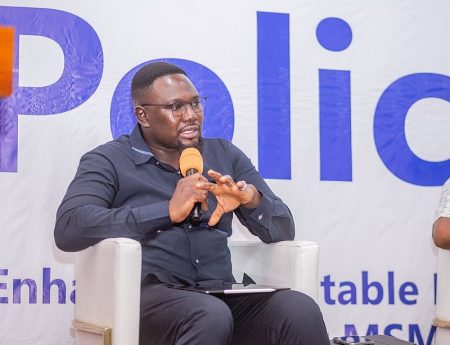Dr. Razak Kojo Opoku, a prominent figure in the Bryan Acheampong for President 2028 campaign, has launched a pointed critique of Vice President Dr. Mahamudu Bawumia’s recent assertion of possessing “rich ideas” for Ghana’s political landscape, despite not being personally wealthy. Dr. Opoku’s challenge centers on the need for these ideas to translate into tangible outcomes, specifically job creation and wealth generation for the Ghanaian people. He argues that ideas, however innovative, hold little value if they remain theoretical and fail to positively impact the lives of citizens. This critique highlights a growing discourse within the New Patriotic Party (NPP) regarding the qualities and qualifications needed for effective leadership in the post-2024 election era. Dr. Opoku’s statement implicitly questions whether conceptual prowess alone is sufficient to address the complex socio-economic challenges facing the nation.
The timing of Dr. Opoku’s comments is significant, coming shortly after Dr. Bawumia’s strategic engagement with over 200 former Metropolitan, Municipal, and District Chief Executives (MMDCEs). This meeting signaled Dr. Bawumia’s intent to remain a prominent figure within the NPP and potentially seek a leadership role in the future, drawing parallels with former President John Mahama’s successful return to power. Dr. Opoku’s intervention can be interpreted as a strategic move to position Bryan Acheampong, the former Minister for Food and Agriculture, as a more viable alternative within the NPP, emphasizing the importance of practical solutions and demonstrable results over intellectual pronouncements. The underlying message is that the party needs a leader who can not only envision solutions but also effectively implement them, driving tangible improvements in the lives of Ghanaians.
Dr. Opoku’s emphasis on the practical application of ideas underscores a growing sentiment within the NPP and perhaps the wider Ghanaian political landscape. He argues that leadership should be evaluated based on the capacity to translate vision into action, requiring not only innovative thinking but also the ability to secure financing and effectively manage resources to achieve desired outcomes. His statement, “A rich man can lead just as a poor man can. However, ideas without financing are often useless on paper,” encapsulates this pragmatic approach. It suggests that while intellectual capital is important, it is the ability to mobilize resources and implement effective policies that ultimately determines a leader’s success. This focus on practical results reflects a potential shift in the party’s priorities, moving beyond theoretical discussions and towards a more results-oriented approach to governance.
The public nature of this exchange reveals the intensifying competition within the NPP as the party navigates the aftermath of its 2024 election defeat and prepares for the 2028 election cycle. With various factions and individuals vying for influence and positioning themselves for future leadership roles, such public debates are likely to become increasingly commonplace. Dr. Opoku’s remarks can be seen as a preemptive strike, aimed at challenging Dr. Bawumia’s narrative and highlighting potential shortcomings in his leadership approach. By emphasizing the importance of tangible results and the ability to finance and implement ideas, Dr. Opoku seeks to frame the debate in terms favorable to Bryan Acheampong, presenting him as a pragmatic and action-oriented leader capable of delivering real benefits to the Ghanaian people.
This internal dialogue within the NPP is crucial for the party’s future. The 2024 election defeat necessitates a period of introspection and strategic repositioning. Discussions regarding the party’s ideology, leadership style, and policy priorities are essential for its renewal and its ability to regain public trust. The exchange between Dr. Opoku and Dr. Bawumia, albeit indirect, represents a microcosm of this larger debate. It reflects the different perspectives within the party regarding the path forward and the qualities needed in its next leader. This internal contest of ideas, if managed constructively, can be a catalyst for growth and innovation, allowing the NPP to refine its message and present a more compelling vision for Ghana’s future.
Ultimately, the debate highlights the evolving political landscape in Ghana and the increasing demand for leaders who can deliver tangible results. The focus on practical outcomes, job creation, and wealth generation reflects the pressing socio-economic challenges facing the nation and the public’s desire for leaders who can offer concrete solutions. As the NPP navigates this period of transition, the ability to effectively address these concerns will be crucial for its long-term success. The internal discussions and debates now taking place will shape the party’s future direction and determine its ability to resonate with the electorate in the upcoming elections. The challenge for the NPP is to harness this internal dynamism and emerge from this period of introspection with a renewed sense of purpose and a clear vision for Ghana’s future.




